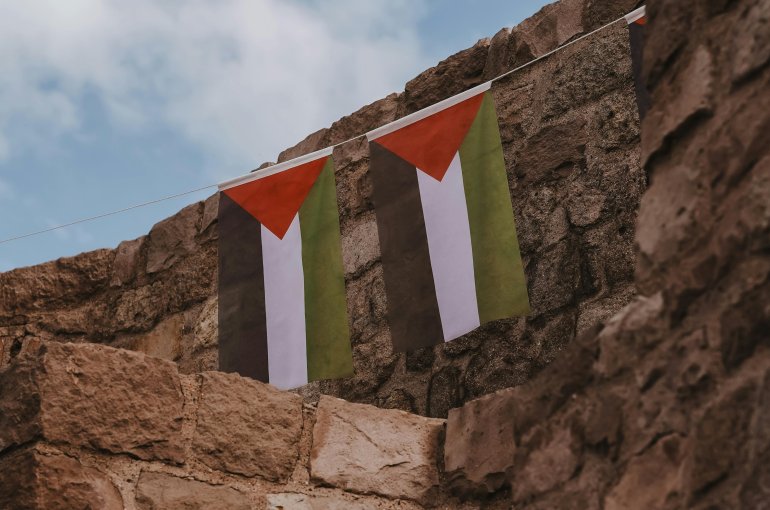In the light of the escalating violence in Gaza, the dire humanitarian crisis in Rafah, and the ongoing hearings at the International Court of Justice, the Open Cities Platform recognizes the urgency of holding space for a nuanced scholarly discussion to understand the current situation in Palestine. Open Cities Platform invites you to join their emergency reading circle where they discuss three foundational texts by Palestinian and Israeli scholars that critically engage with the ideological, geographic, and media infrastructure dimensions of the ongoing struggle.
- Said, E. W. (1979). Zionism from the Standpoint of Its Victims. Social Text, 1, 7–58.
One of the founding figures of postcolonial theory, American Palestinian scholar Edward Said text unpacks the relationship between Zionism (and how it is perceived by Palestinians) and the historical accusations of antisemitism. He draws connections between the imagined geography of the Orient in late 17th century and how Palestine came to be imagined as an “empty land” for the establishment of a Jewish state.
- Weizman, E. (2007). Introduction – Frontier Architecture. In Hollow Land: Israel’s Architecture of Occupation, pp. 1-17 London: Verso Books.
The director of Forensic Architecture and one of the leading scholars of spatial and visual cultures, British Israeli architect Eyal Weizman investigates the history and modus operandi of the various spatial mechanisms that have sustained the establishment of Israeli settlements on Palestinian lands particularly in the post-1967 era.
- Tawil-Souri, H. (2022). Speculation on infrastructural ecology: Pigeons, Gaza, and internet access. Environment and Planning D: Society and Space, 40(6), pp.1064-1081
Helga Tawil-Souri is a leading Palestinian American scholar of media, culture and communication whose text examines the Internet Pigeon Network (IPN) as a prototype of speculation for a community-organized, affordable, resilient internet infrastructure for the Gaza Strip, and as a critique and a commentary on the possibility of establishing an infrastructure that is equitable, adaptable, sustainable, and grounded by the collaborative effort between humans, animals, and the environment.
This event is part of Open Cities Platform’s ongoing “reading circles” series that offers a chance to ‘sit with texts’, allowing participants to engage with scholarship that inform new perspectives on the contemporary and historical relationships between cities, media, and identities. They are dedicated to broadening and challenging disciplinary scholarly canons by centering marginalized, forgotten, or ignored scholarship. Additionally, they serve as spaces for reinterpreting classical texts that retain social, political, and cultural relevance in contemporary debates. These reading circles are committed to holding space for interdisciplinary discussions around topics such as epistemic justice, environmental justice, (neo)colonialism, neoliberalism, urban inequality, mediation, connectivity, and infrastructures in globalized cities. Open Cities Platform’s reading circles use a fishbowl format to allow participants to engage as active speakers and listeners.
Please note that only 30-35 participants can join the session. When this limit is reached, the event will be full and you won’t be able to register anymore. However, please feel free to still reach out to Open Cities Platform to acquire the readings.
The next Open Cities Platform reading circles are: “Reading for Sudan” and “Reading for Congo.”
Date and time
1 March 2024 – 15:30 – 17:00
Location
Grote Zaal, Kromme Nieuwegracht 20, Utrecht
More information + registration
https://www.uu.nl/en/events/reading-for-palestine



